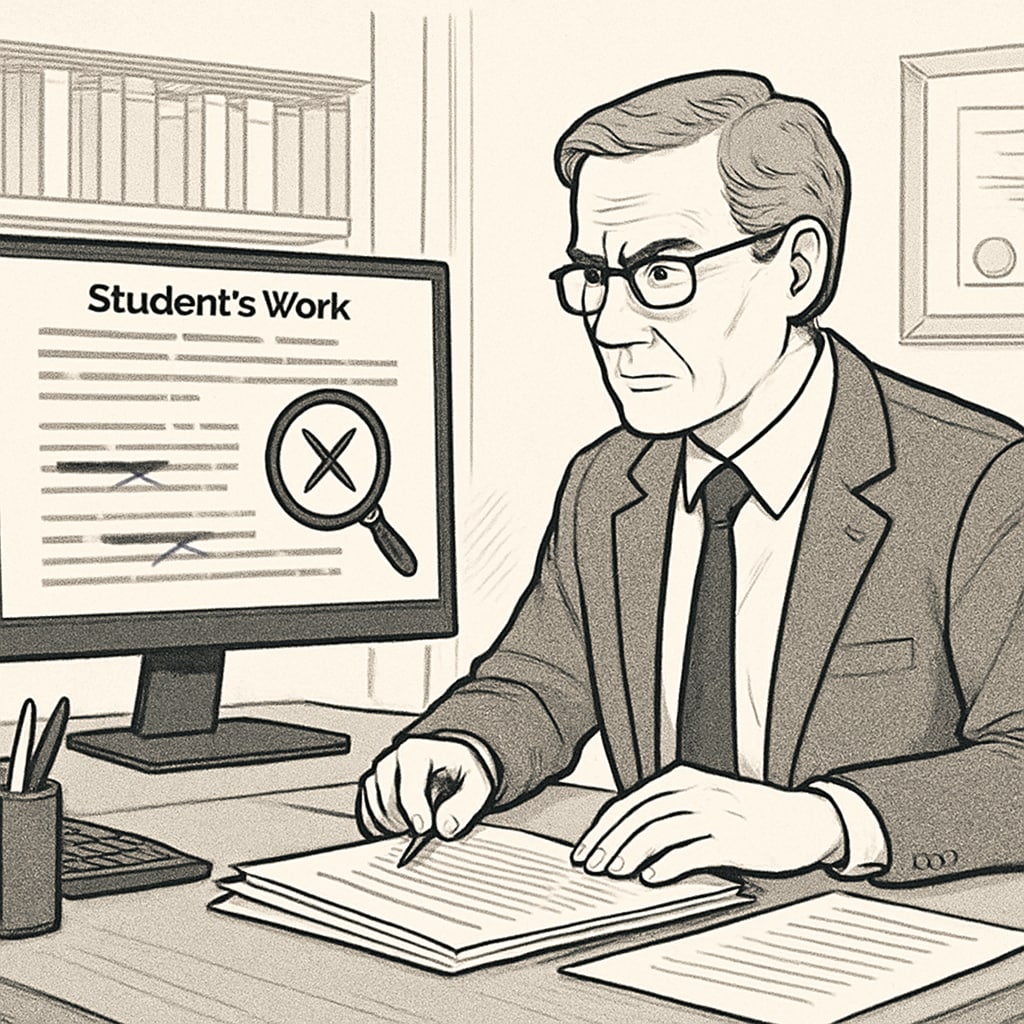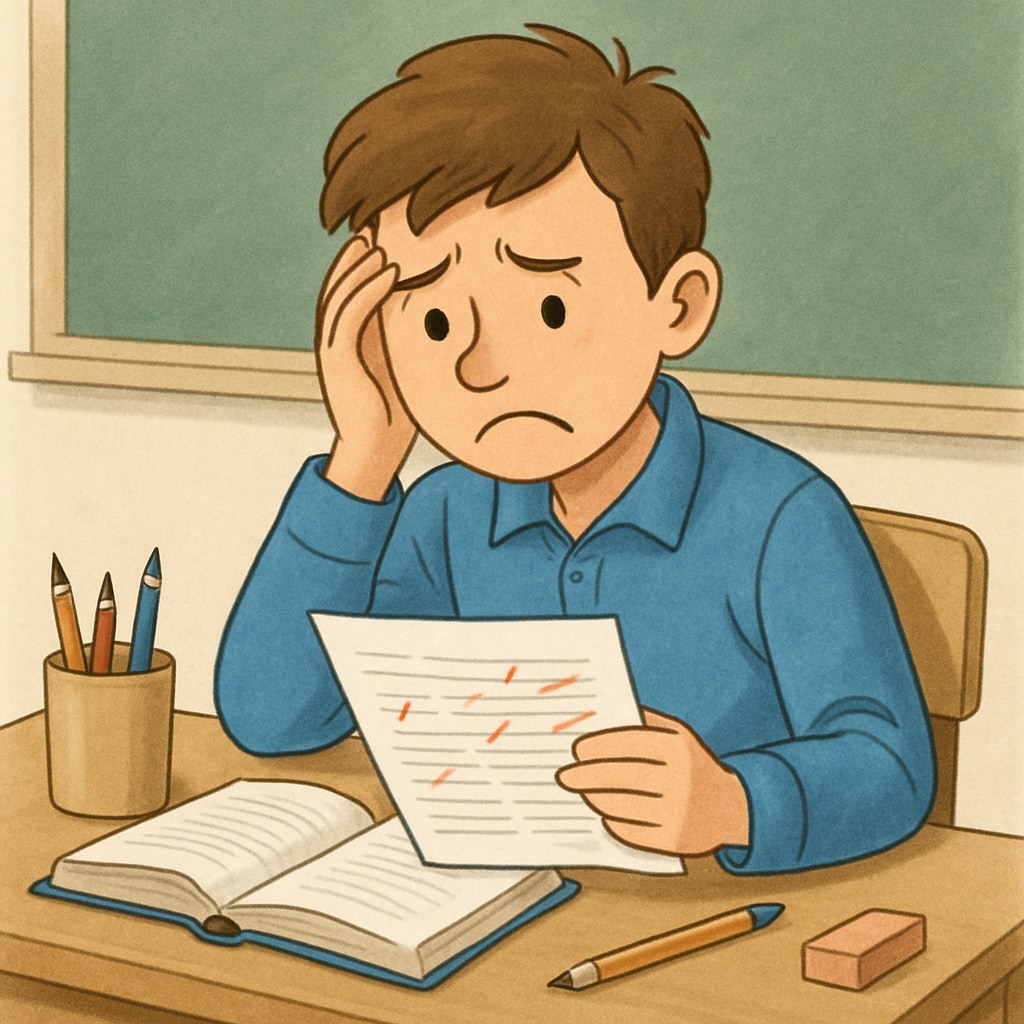Professors, plagiarism accusations, and wrongful allegations are increasingly discussed issues in K12 education systems. When educators misjudge a student’s work as plagiarized, it can cause lasting harm to the student’s academic confidence and emotional well-being. While the intention behind such accusations is often to foster academic integrity, the repercussions of wrongful accusations call for deeper reflection on the causes, impacts, and possible solutions to prevent such incidents.
Understanding Why Professors Wrongly Accuse Students of Plagiarism
Misguided plagiarism accusations can stem from a variety of factors. Firstly, the pressure on educators to uphold academic standards often leads to an overly cautious approach to student submissions. In an effort to maintain fairness, professors may rely heavily on plagiarism detection tools like Turnitin. While these tools are effective, their reliance on algorithms can occasionally misinterpret paraphrased content or common phrases as plagiarized material.
Another contributing factor is unconscious bias. For example, students who have struggled academically in the past may face scrutiny based on preconceived notions about their abilities. Additionally, a lack of understanding of cultural differences in citation practices can lead to misjudgments, particularly for international students.

The Psychological Impact of Being Wrongly Accused
Wrongful plagiarism accusations can have significant psychological effects on students. Feeling unjustly targeted often leads to anxiety, frustration, and diminished trust in educators. For younger students in K12 settings, this is especially harmful as they are still developing their confidence and self-identity.
These incidents can also discourage creativity and independent thinking. Students may become overly cautious in their academic work, avoiding risk-taking or exploration in their writing. This fear of being misunderstood stifles growth and prevents a healthy relationship with learning.

Building a Trust-Based Academic Integrity System
To prevent wrongful accusations, it is essential to establish trust-based academic integrity systems that encourage dialogue between educators and students. Here are some actionable steps:
- Educator Training: Conduct regular workshops to help professors understand cultural differences in academic practices and improve their ability to identify genuine plagiarism.
- Transparent Processes: Develop clear policies for investigating plagiarism allegations, ensuring students have the opportunity to defend their work before conclusions are drawn.
- Balanced Use of Technology: While plagiarism detection tools are helpful, educators should complement them with manual reviews and personal discussions with students.
- Promoting Academic Integrity Early: Teach students proper citation and research methods from an early age to reduce unintentional plagiarism.
By fostering open communication and mutual respect, educators can encourage a positive learning environment where students feel safe to express themselves without fear of unjust accusations.
Readability guidance: Short paragraphs and clear transitions improve comprehension. Lists and examples simplify complex ideas. Active voice ensures a direct and engaging tone.


